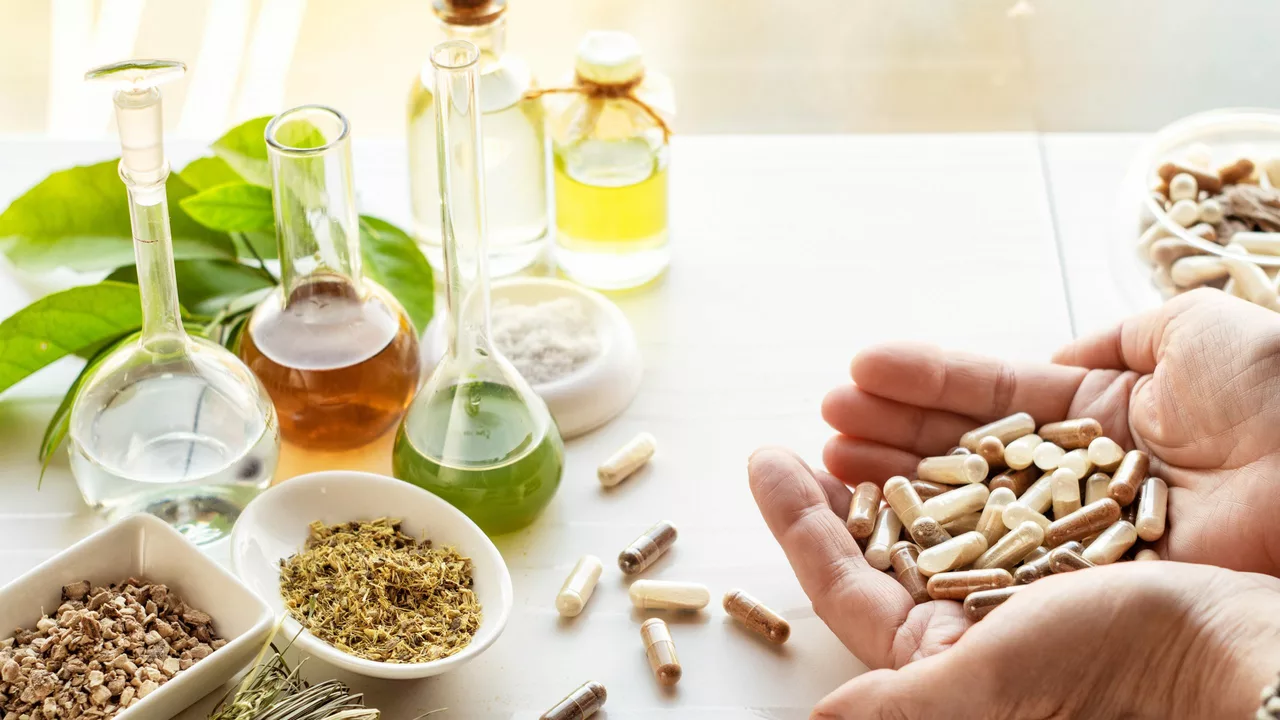Passion Flower (Passiflora): What It Does and How to Use It
Passion flower is a plant people use for mild anxiety, nervousness, and sleep trouble. It’s been used as a tea and extract for a long time, and modern studies suggest it can calm nerves and help some people sleep a bit better. If you’re curious about trying it, this page gives practical, no-nonsense advice on forms, doses, safety, and what to watch for.
How passion flower works and what it helps with
The main action comes from flavonoids and small amounts of alkaloids found in Passiflora species. These compounds seem to boost GABA activity in the brain — that’s the same calming pathway many sleep and anxiety drugs target. Clinical trials show modest benefits for mild-to-moderate anxiety and occasional insomnia. It’s not a fast prescription drug replacement, but for many people it eases tension and helps them fall asleep naturally.
Common uses: evening tea for trouble falling asleep, short-term help for situational anxiety (like before a flight), and calming herbal blends. Some people use it for menopausal sleep issues or to reduce nervous stomach symptoms. Keep expectations realistic: effects are usually mild and vary from person to person.
How to use passion flower & common doses
Forms you’ll find: dried herb (tea), tincture (liquid extract), capsule or tablet (standardized extract). Typical guidance you can use:
- Tea: 1–3 g of dried herb steeped 10–15 minutes, 1–3 times daily. Drink the tea about 30–60 minutes before bedtime for sleep.
- Tincture: about 30–60 drops (0.5–1 ml) 2–3 times daily, or as directed on the label.
- Capsules/tablets: many supplements use 250–500 mg per dose. Some extracts provide 500–900 mg daily divided into 1–2 doses. Follow the product label and start low.
Start with the lowest dose that might work and try it for a week. If you don’t notice any change, talk with a clinician about other options.
Safety, side effects & interactions
Short-term use of passion flower is generally safe for most adults. Side effects are usually mild: drowsiness, dizziness, stomach upset, or confusion at higher doses. Don’t drive or operate heavy machinery until you know how it affects you.
Important interactions: passion flower can add to the effect of sedatives (benzodiazepines, zolpidem, some antihistamines), alcohol, and some antidepressants. It may lower blood pressure slightly, so be cautious if you take blood pressure meds. Avoid if you’re pregnant or breastfeeding — there isn’t enough safety data.
Buy from reputable brands that list the Latin name (Passiflora incarnata) and offer third-party testing when possible. Look for clear dosing instructions and avoid products with unexplained additives. If you’re taking prescription drugs or have liver disease, check with your doctor before starting any herbal supplement.
Want to try passion flower? Start low, watch for drowsiness, and talk to your healthcare provider if you’re on meds or have ongoing health issues. A short trial can show whether it’s a helpful, gentle option for sleep or anxiety.

